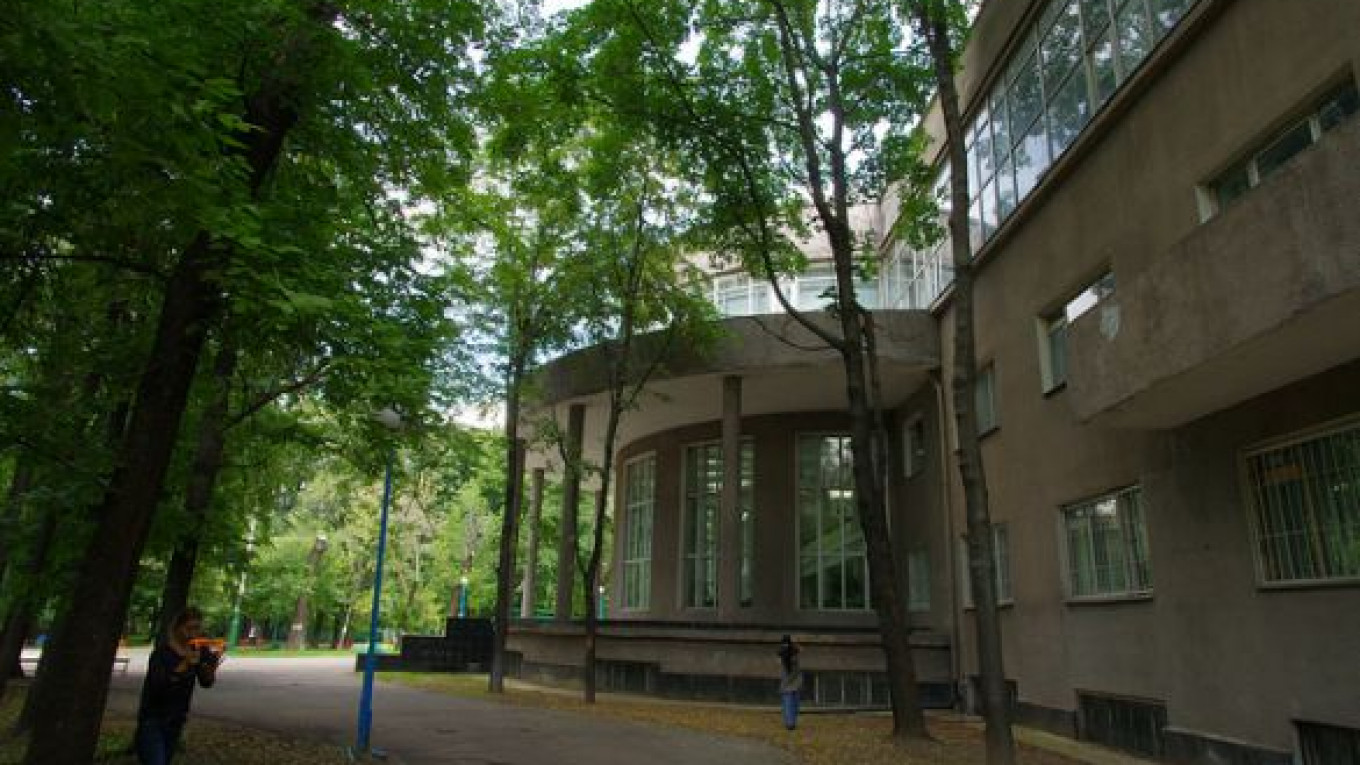City Hall has approved a plan to turn the site of the former ZiL car manufacturing plant in southeast Moscow into a residential area with living space for 30,000 people, Mayor Sergei Sobyanin said.
"Essentially, we are talking about making the territory, which was unavailable for the last 100 years since the establishment of one of the city's biggest industrial zones on the bend of the Moscow River, open to Muscovites," Sobyanin said Tuesday at a city government meeting.
He said the site's redevelopment could lead to the creation of 45,000 new jobs, Itar-Tass reported.
The plans will see the construction of modern communal areas, pedestrian zones, parks, sports facilities, schools, a medical clinic and day care centers for children. The authorities also plan to build about 900,000 square meters of residential space in the area.
Some of the former plant's buildings will be turned into commercial and office space, while new roads and a metro station will also be built.
Car production will continue in the area, albeit on a smaller scale and with more attention paid to "ecological responsibility," Sobyanin said.
A Message from The Moscow Times:
Dear readers,
We are facing unprecedented challenges. Russia's Prosecutor General's Office has designated The Moscow Times as an "undesirable" organization, criminalizing our work and putting our staff at risk of prosecution. This follows our earlier unjust labeling as a "foreign agent."
These actions are direct attempts to silence independent journalism in Russia. The authorities claim our work "discredits the decisions of the Russian leadership." We see things differently: we strive to provide accurate, unbiased reporting on Russia.
We, the journalists of The Moscow Times, refuse to be silenced. But to continue our work, we need your help.
Your support, no matter how small, makes a world of difference. If you can, please support us monthly starting from just $2. It's quick to set up, and every contribution makes a significant impact.
By supporting The Moscow Times, you're defending open, independent journalism in the face of repression. Thank you for standing with us.
Remind me later.






